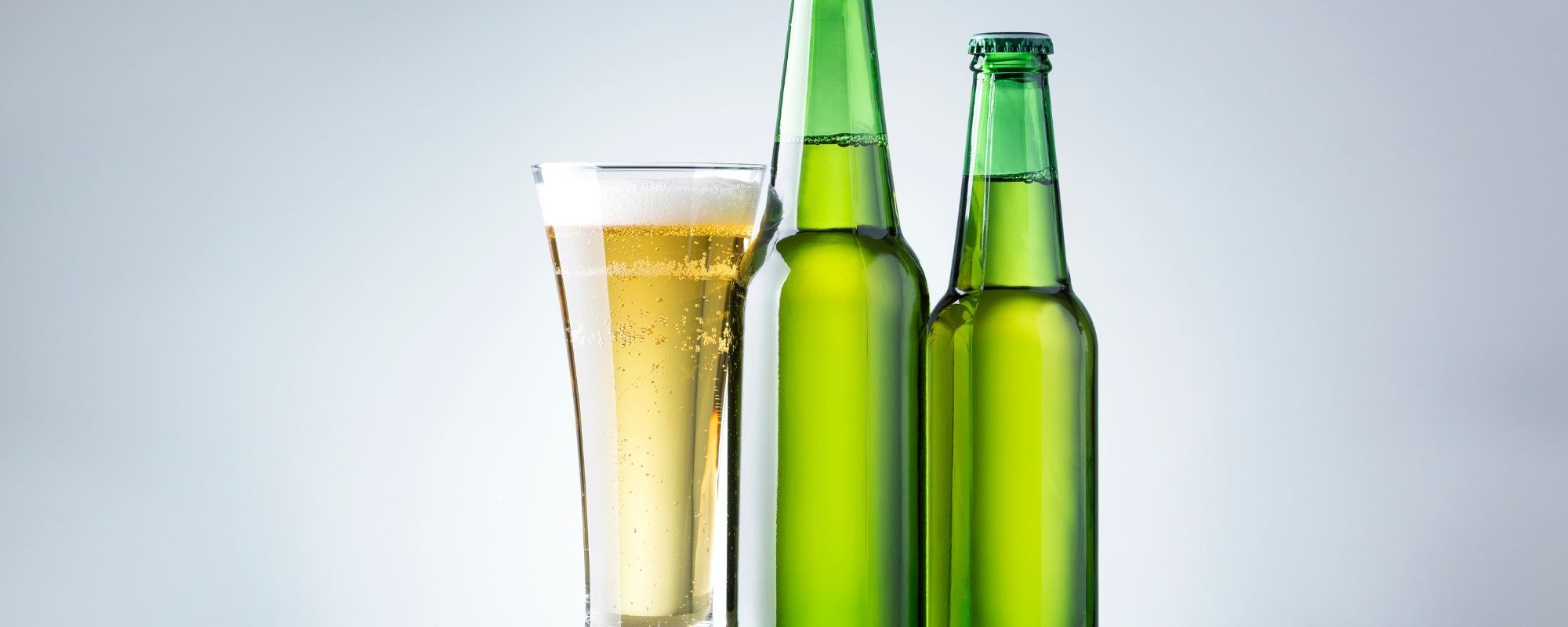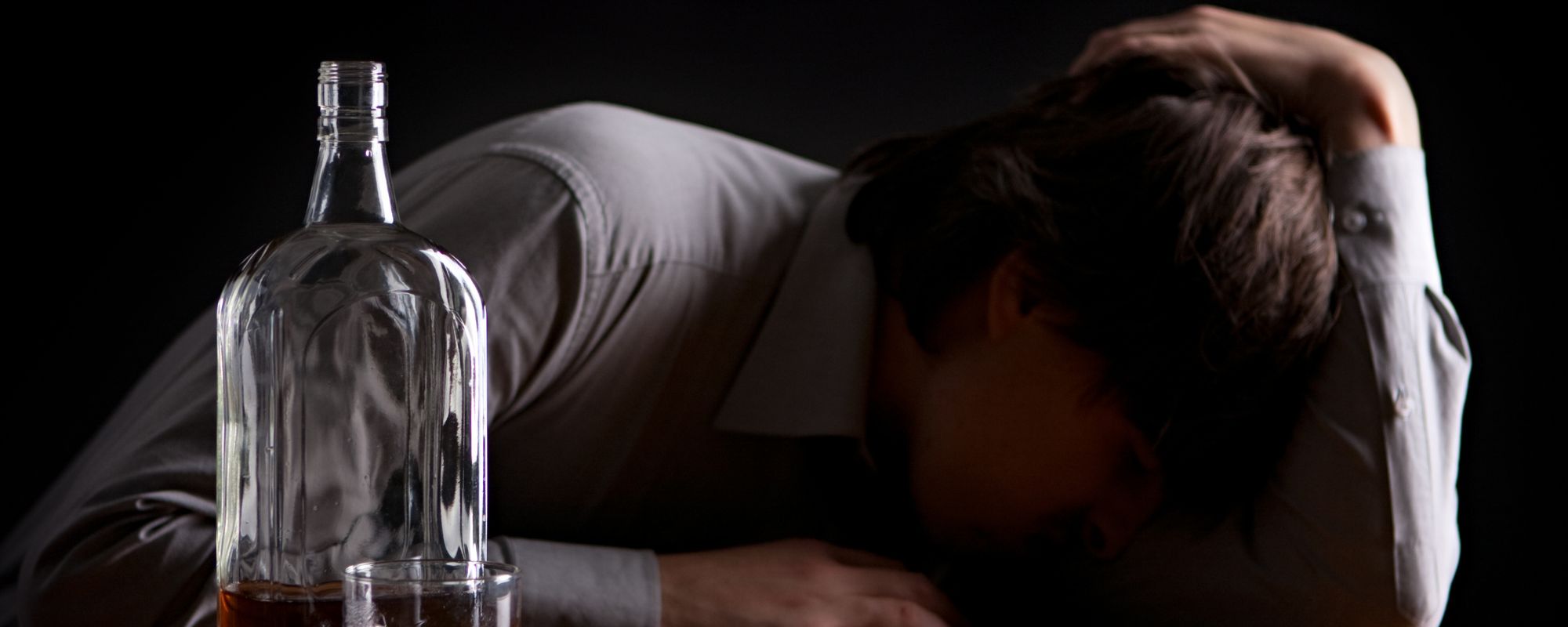At all stages of recovery from a substance use disorder, putting barriers between yourself and relapse is essential to relapse prevention. There are many factors outside of your control that you will come into contact with on a daily basis, so a solid, individualized relapse prevention plan is essential to your success in recovery.
Setting up barriers between yourself and relapse is something that you have to make a conscious effort toward. There are a few simple but highly effective blockades that you can implement for successful relapse prevention.
What Does Relapse Prevention Mean?
Relapse prevention refers to the strategies and techniques used to help individuals in recovery avoid returning to substance use after a period of sobriety. In the context of substance abuse, relapse is often seen as a process rather than a single event, typically beginning with emotional or mental distress before leading to physical substance use. The goal of relapse prevention is to equip individuals with the skills and support systems necessary to recognize warning signs, manage triggers, and maintain long-term sobriety.
Setting Up Barriers for Relapse Prevention
Relapse prevention is a critical component of addiction recovery, focusing on self-awareness, healthy coping strategies, and continuous support. While relapse can be a part of the recovery process for some, having a strong prevention plan in place increases the likelihood of sustained sobriety and long-term well-being. The following barriers for relapse prevention can go a long way in helping someone maintain their sobriety following addiction treatment.
Know Your Triggers
Or get to know them. You may already be familiar with some of your triggers— certain people or places, for example— but others might be completely unbeknownst to you. If a craving catches you by surprise, there is probably an unidentified or missed trigger to be found. Ask yourself what may have brought on the craving. Did you do something different today? Did you see or hear something that brought back an old memory?
Discussing identified or suspected triggers with your therapist or counselor may give you more clarity, as well as help you to manage any cravings-associated anxiety you may have.
Knowing your triggers is an excellent barrier to place between yourself and relapse because recognizing and mitigating a trigger or stressor when it appears can prevent a lapse in judgment.
Go to Recovery Support and 12-Step Group Meetings
You were likely told in treatment that you should attend meetings, and if you are active in a recovery program, you are probably continually told so now. Meetings are highly recommended because topics covered and people met can help you to work through the unique circumstances of recovery from substance abuse. The stories shared in 12-step meetings (AA, CA, NA) are good sources of inspiration and can serve as good reminders of your sobriety.
You may meet a new like-minded friend, mentor, or sponsor/ee who understands what you are experiencing and who can support you on your recovery journey. Studies conducted by the National Institute on Drug Abuse (NIDA) have found that men experience relapse more frequently than women because women are more likely to seek help.
Build and Maintain Your Sober Support Network
Having a sober support network that you can rely on is essential in recovery, whether early or long-term. You can’t recover on your own. You need people whom you trust and whom you are comfortable reaching out to for help.
Why Do I Need a Relapse Prevention Plan?
You don’t need a relapse prevention plan… if you don’t mind relapsing. Not having a plan in place can make you more likely to relapse if you are unprepared for a craving.
If you have already completed a substance use treatment program, your therapist may have worked with you to develop a relapse prevention plan. If not, speak to your current counselor or therapist about it.
What If Cravings Get Too Hard to Ignore?
It’s completely normal to experience cravings in recovery, especially during early recovery, so it’s important not to panic. The craving will pass, but be proactive— don’t wait for it to go away on its own. When you feel a craving coming on, distract yourself by reaching out to your sponsor, going for a walk, reading, or even eating something healthy. Do something that engages your mind and body, and you won’t have the physical or mental capacity to focus on the craving.
The Role of Case Managers and Recovery Coaches
Case managers or recovery coaches are often an integral part of aftercare programs. They work one-on-one with individuals to ensure they are receiving the appropriate support and services during their recovery. Recovery coaches, in particular, are typically individuals who have gone through addiction recovery and can provide mentorship, encouragement, and accountability vital for sustained sobriety.
How Long Should Aftercare Last?
The duration of aftercare varies from person to person, depending on their specific needs, goals, and progress. For some individuals, aftercare may last only a few months, while for others, it can be a lifelong process. Some individuals may continue attending support groups and therapy sessions long after their formal treatment program has ended, as they find that ongoing care is beneficial for maintaining their sobriety and overall well-being.
Aftercare is a critical element of opioid addiction recovery, offering individuals the continued support, structure, and resources needed to maintain long-term sobriety. It helps individuals stay connected to their recovery community, work through challenges, and develop a foundation for a healthy, drug-free life. Whether through therapy, support groups, sober living arrangements, or ongoing medical treatment, aftercare ensures that individuals have the tools and encouragement they need to succeed in their recovery journey.
Our therapists are trained in a variety of holistic therapy methods and can help you design an effective relapse prevention plan tailored to meet your unique needs. Please reach out to us today at (877)-RECOVER to learn more about our detox and residential inpatient treatment programs.






